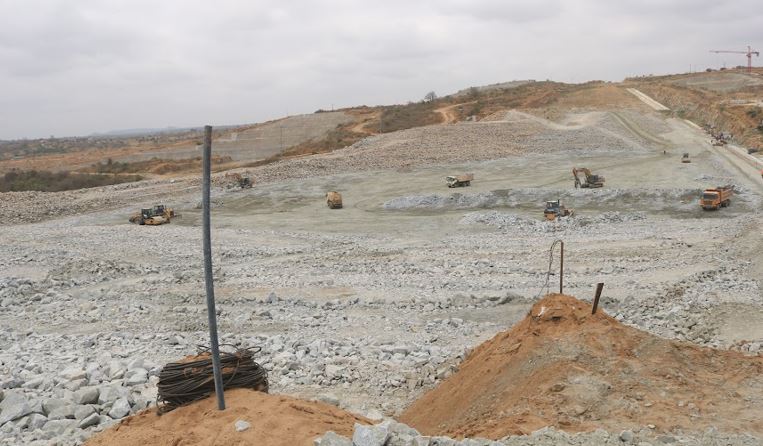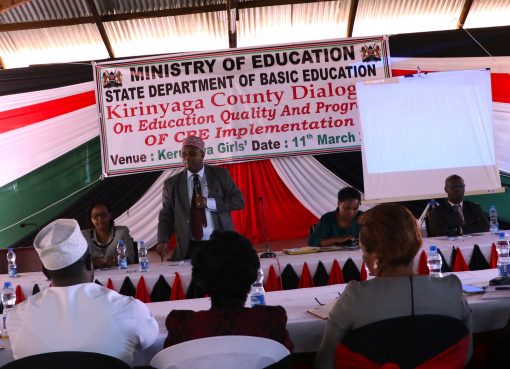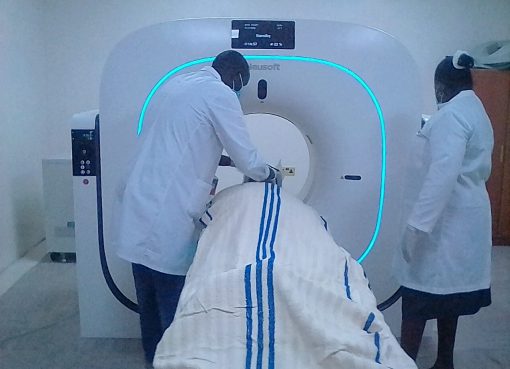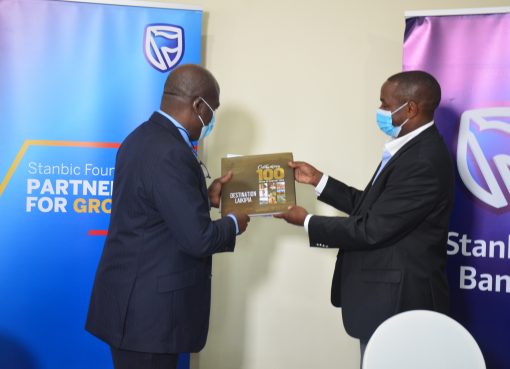A section of workers at Thwake Multi-Purpose Dam who had downed their tools last weekend over delayed April salaries have since returned to work.
The officials of the China Gezhouba Group Company (CGGC) Limited, the company tasked with delivering the Vision 2030 project being constructed at the confluence of Rivers Thwake and Athi, clarified on Tuesday that the workers were paid their dues on Monday.
“We have paid the April salaries to all workers, both skilled and unskilled, who have resumed work. We regret the inconvenience caused to the workers and their families,” said a source from the company privy to the information, who requested anonymity due to the sensitive nature of the issue.
The source also alluded with confidence that the state will remit the delayed payments to facilitate the ongoing construction, noting that the CGGC and government officials have held a series of meetings over the strike that have gotten government officials concerned.
The Government of Kenya and the African Development Bank (AfDB), through the Ministry of Water, Sanitation and Irrigation is implementing the flagship programme to fulfil the long-term country’s development in areas of water, electricity, and agriculture, especially in the Lower Eastern Region.
The project comprises a multi-purpose dam for water supply, hydropower generation, and irrigation development of over 100,000 hectares of land, besides providing regulation of flows of the River Athi downstream of the dam for flood control mitigation.
Currently, the implementation of the dam civil works and related activities that are ongoing is at 83.3 percent; however, the project faced delays due to some factors, namely the scaling down of the labor force due to the COVID-19 pandemic and the acute shortage of explosives used to blast rocks.
Also, the contractual completion of November 2022 was not realized due to technical challenges at the river bed that had a lot of poor foundation soil that required further technical investigations to resolve, costing the contractor valuable progress time.
Consequently, the Dam Safety Panel of Experts, a leading technical Dam Construction Think-Tank comprising international experts, advised that construction completion should allow adequate settlement of the dam embankment before placement of the concrete face to the embankment.
Recently, the contractor requested a time extension to June 2024 and a further twelve months’ defect liability period, expected to end by July 2025.
However, the project financier, the AfDB, approved a time extension up to February 2024 with a defect liability period of one year.
By Patrick Nyakundi





